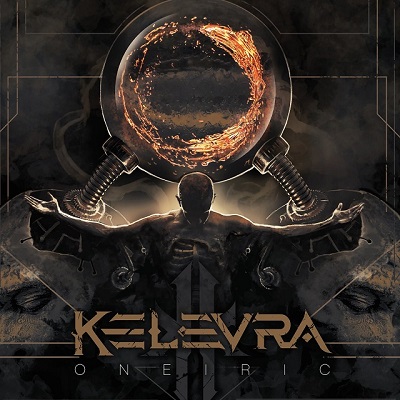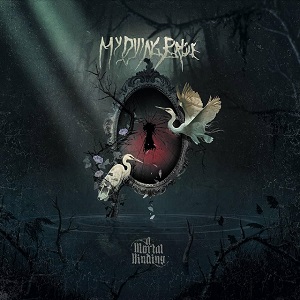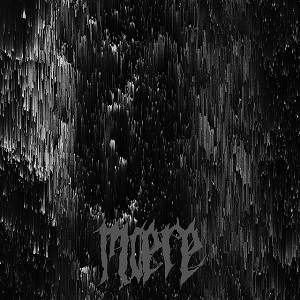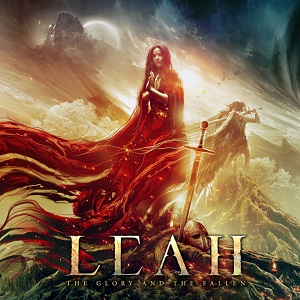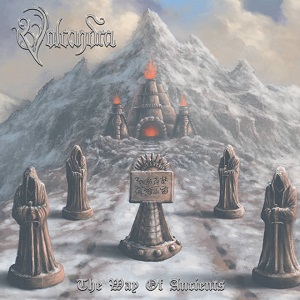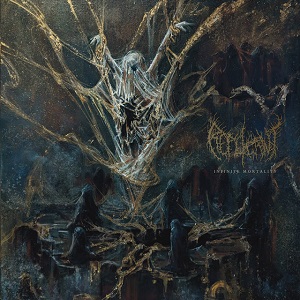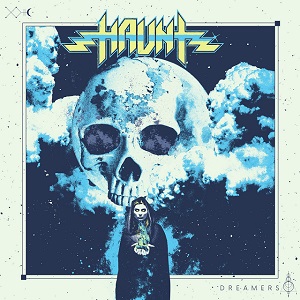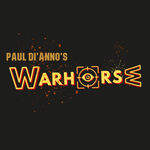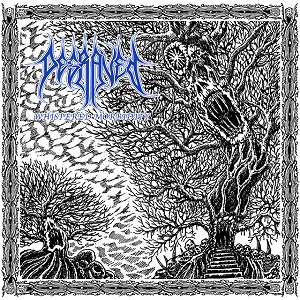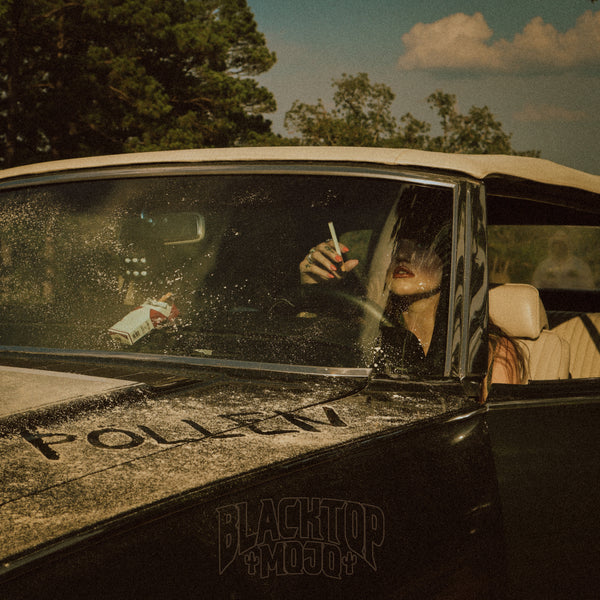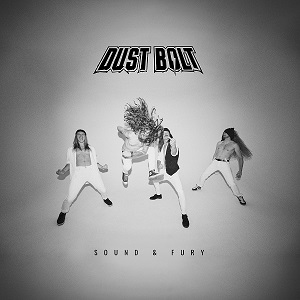SLASH – Tour Bus Tales Turn World On Fire
September 15, 2014, 9 years ago
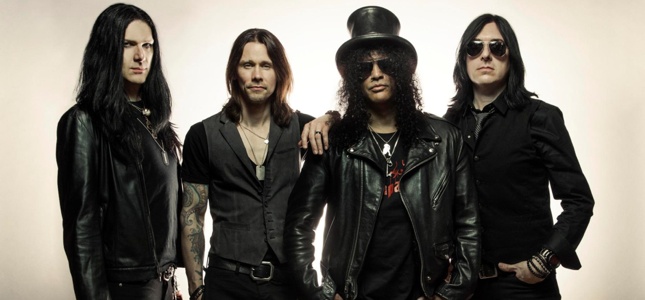
The striking artwork adorning World On Fire, the new album from Slash Featuring Myles Kennedy & The Conspirators, was created by American contemporary artist Ron English; who also painted the cover for Slash’s self-titled solo album, released in 2010. However, this image is very different from the previous one. “Yeah, the first one was sort of a take on an idea, a logo of mine,” says the former Guns N’ Roses and Velvet Revolver guitarist. “This one, I didn’t get around to doing the cover or album title until literally the 11th hour; we were almost finished mixing. So I called Ron and asked him if he had anything that was super chaotic with a lot of crazy stuff going on? He sent me some different images and I picked this particular one, which was called Cerebral Celebration. At that point I had the title World On Fire, so it just fit; exactly what I was looking for.”
There are two slightly different versions of the World On Fire album cover – one with the McDonald’s characters and golden arches – and one without those iconic symbols. “I’m surprised you even saw the other one,” admits Slash. “Basically, one is for Europe because they were just paranoid that they were going to run into problems with McDonald’s over there; in The States it wasn’t so much of an issue.”
Other notable figures in this image are The Simpsons characters: Bart, Nelson, and Homer. It’s no secret that Simpsons creator Matt Groening is a huge Guns N’ Roses fan; thereby surmising no legal ramifications would arise from the use of his globally recognized characters. In fact Duff Beer was named after GN’R bassist Duff McKagan. Rumor has it that the school bus driver Otto is based upon Slash… “I’ve heard that too, but I wouldn’t go out on a limb and say that myself.”

For the production of World On Fire, Slash utilized the services of Michael “Elvis” Baskette. While the man underneath the top hat hadn’t worked with “Elvis” before, his singer Myles Kennedy is very familiar with Michael Baskette as he’s helmed three Alter Bridge albums: Blackbird, AB III, and Fortress. “All things considered, I called him because the last Alter Bridge record – the bass and drums sounded really monstrous. At that point, Eric Valentine (who produced Apocalyptic Love) wasn’t available. I was trying to think of records I’d heard that had anything I thought was cool. So I asked Myles about it, and Myles was reluctant to really part with anything information-wise; he thought it was better if I talked to him myself. So I called him up and we had a really good conversation on the phone. From that conversation, I hired him on the spot. It turned out to be a really, really good move. At this point in time, for our band, to be able to go in and do a studio album… he really got what I wanted it to sound like. Not only did he get it, but he was really excited about making the band sound that way.”
Rather than eat peanut butter and banana sandwiches, “Elvis” really pushed Slash and his cohorts hard. “Definitely, a lot of guys in the studio… when I do sessions or records, they think I’ve just got it all down and know everything. They don’t do anything, they just let me go. But I sort of do need to have some… I’m trying to think of the right word for it… sort of the push, some sort of support in going for a particular idea. Because I’m not necessarily an engineer; nor do I want to be. And I like to know that I have some sort of synergy with the guy who is behind the controls. So that really worked out with Mike. I’m a really hard worker, and he’s a really hard worker; so even when I started lagging, he would pick up the slack and get me going.”
Apocalyptic Love, which Michael did not work on, was basically recorded live; meaning it didn’t contain any overdubs. Slash chose to include overdubs on World On Fire, and explains why. “World On Fire is just a normal record; at least for me. It’s done the way I’ve been doing records for years. You go in and you play live in the studio; then I like to go back into the control room and do the guitars really loud in there. It gives you a chance to really listen to what your guitar is doing; what guitar you want to use, the harmonies. When we did the second record, over the previous tour, I’d really discovered what a great band and unit this thing was. So I just wanted to go in the studio and do the whole thing live, to really see what the band was made of; which worked out great, but it was sort of a one-off thing.”

17 songs comprise World On Fire – that’s ambitious. To Slash’s credit, there’s not one filler tune on the album; they’re all phenomenal. But those in management and distribution could have potentially viewed this wealth of outstanding material as two releases instead of one. “We always have a lot of music, which is why the last two records ended up being deluxe albums that were later released; because there was extra material and we had bonus tracks, all this other stuff. What happens with bonus tracks is they sort of – for want of a better word – become B-sides. You send them out to different territories; Australia has a track nobody else has, or Japan. Those tracks inevitably end up being undermined because they seem like B-sides, which isn’t really the case. So on this particular record, I didn’t want to deal with any of that. I said fuck it; let’s put it all on one record. It’s sort of an old school way of doing it; but at the same time, in a digital age, if you’re going to buy it off iTunes it doesn’t really matter how many songs are on the record. As long as we think it’s good enough, if you’re going to buy it on vinyl or CD, this is it. There will be no other releases.”
Delving into specific songs from World On Fire, “The Dissident” is arguably the best of the bunch, with some pretty heavy lyrics about a soldier not believing in what he’s fighting for. “That song is a very political statement from Myles. The melody came to me on the road; everything was written on the road. It’s one of those melodies where in a rock band like this, you might not necessarily think that would be something we would do. I remember we started playing it at sound check at one of the gigs; that’s basically about it.”
Some of the lyrics heard on World On Fire were derived from tour bus talks between Myles and Slash. “Yeah, some of the songs are from subjects we’ve had conversations about – which I’ve noticed with Myles – stuff that he really cares about, we’ll end up talking about. At least for me, I’m not thinking it’s going to be a song, but then it’ll turn up later on the record. I’ve heard that on this record and I heard it on the last one.”

Given the fact that bassist Todd Kerns sings lead vocal on a song or two when the band plays live, and also in Sin City Sinners when he’s not with Slash, there was speculation as to whether or not he would sing a song on this album; which he does not. “Todd sings lead when I play Guns songs; that’s basically it. When it comes to original material, Myles pretty much sings everything. That’s just sort of how we do it. If Todd came and said, ‘I’ve got this song and I want to sing it,’ that would be a different story. But Myles and I sort of write the songs. At this point, Todd hasn’t sang anything, but he did contribute on this record for the first time writing. He actually wrote musically the verses for ‘Shadow Life’, which was really cool. That’s the only song on this record that wasn’t written during this last tour. That was a piece of music that originated before Apocalyptic Love, and it ended up turning into ‘You’re A Lie’. That main riff in ‘Shadow Life’, we took out of ‘You’re A Lie’, which ended up having a different chorus. But we always liked the riff and it popped up in rehearsals. Because you get so used to hearing it a certain way, it’s hard to rethink it. Todd came in with this riff that ended up being the verse; that helped change the trajectory of the song so we could make something different out of it.”
Feature photo by Travis Shinn

